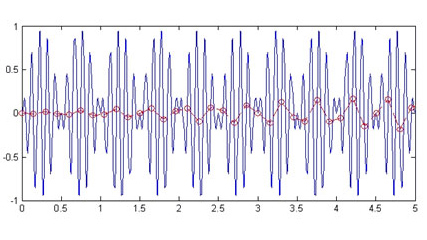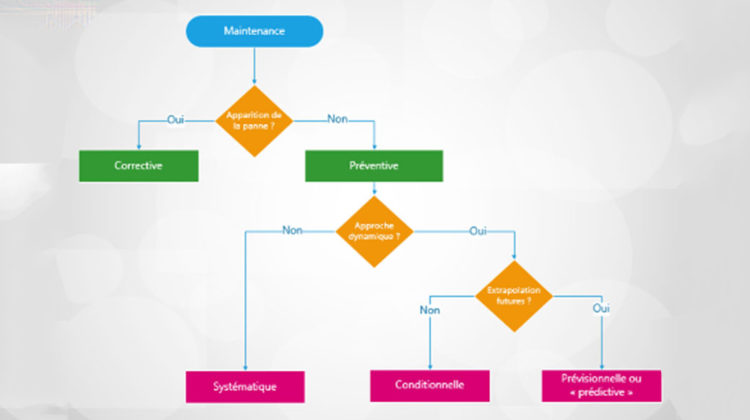Signal processing: analyzing and interpreting
As the number of digital devices has increased in the last few years, the use of signal processing has increased with it. Currently, it is an essential domain when you are working with new technologies. This science helps to analyze and interpret information coming from sensors in real-time.
Like a human operator who interacts with his environment depending on the kind of information received, “smart devices” do the same by processing a huge number of pieces of information (temperature, position, speed, pressure, flow, voice…). The measurements, which are obtained thanks to sensors and evolve continuously over time, are called “signals”.
Often mixed, noised or biased, signals require going through some processes before being used by an algorithm. Signal processing consists in smoothing values, filtering them, cleaning absurd values off and performing any action to enhance signal quality.



